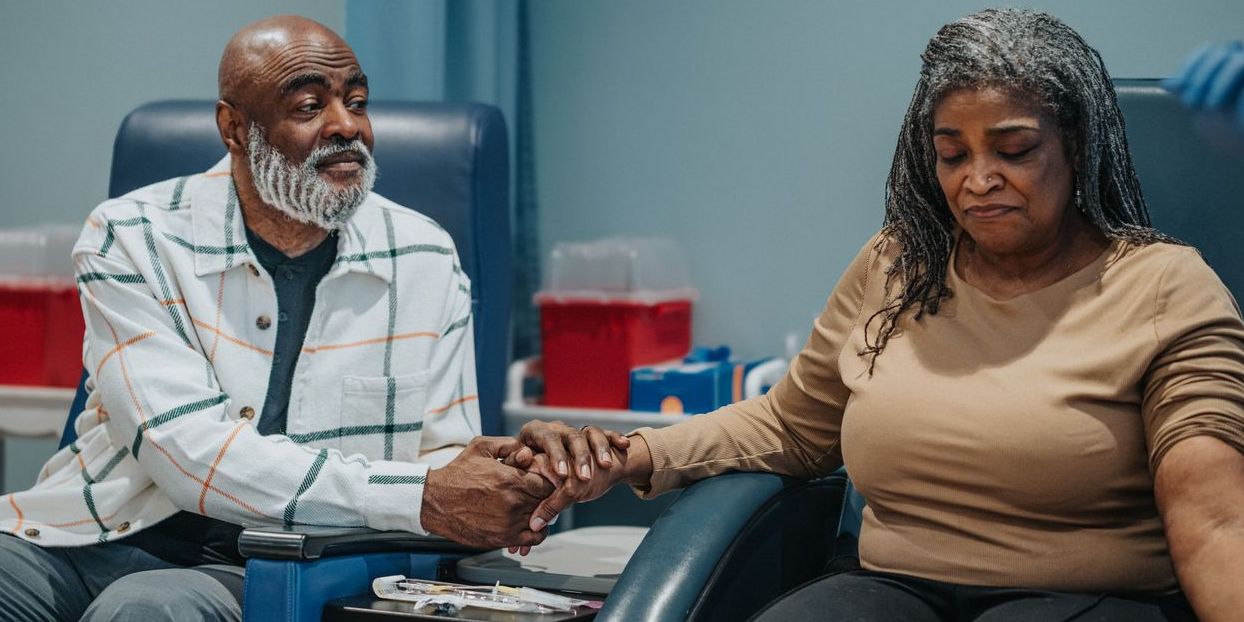Photo Credit: Phynart Studio
The following is a summary of “Joy and humanity in communication: A design-based research approach to developing and understanding the impact of a novel education programme on hospital staff, co-designed and facilitated by clown doctors,” published in the December 2024 issue of Pediatrics by Gray et al.
Clown doctors bring unique skills to pediatric settings, and limited studies explore their potential in teaching communication to healthcare professionals.
Researchers conducted a prospective study to develop and evaluate communication skills workshops for hospital staff co-facilitated by clown doctors.
They collected data from key stakeholder consultations, followed by evolving workshop iterations, including post-workshop group discussions, short follow-up surveys, and observations. Reflexive thematic analysis was used in group discussions and survey responses to evaluate the impact.
The results showed that 40 participants were involved, including medical, nursing, allied health, and administrative staff, attended 5 workshops. Additionally, 5 educational principles—self-awareness, curiosity, play, spirit, and self-reflection—emerged. Furthermore, 4 central themes of educational impact were identified, creating joy and breaking barriers, the heart—not science—of communication, workplace tensions challenging change, and novel communication training.
They concluded that clown doctor-facilitated workshops enhanced communication skills and joy among hospital staff, highlighting the value of innovative education in healthcare settings.














Create Post
Twitter/X Preview
Logout